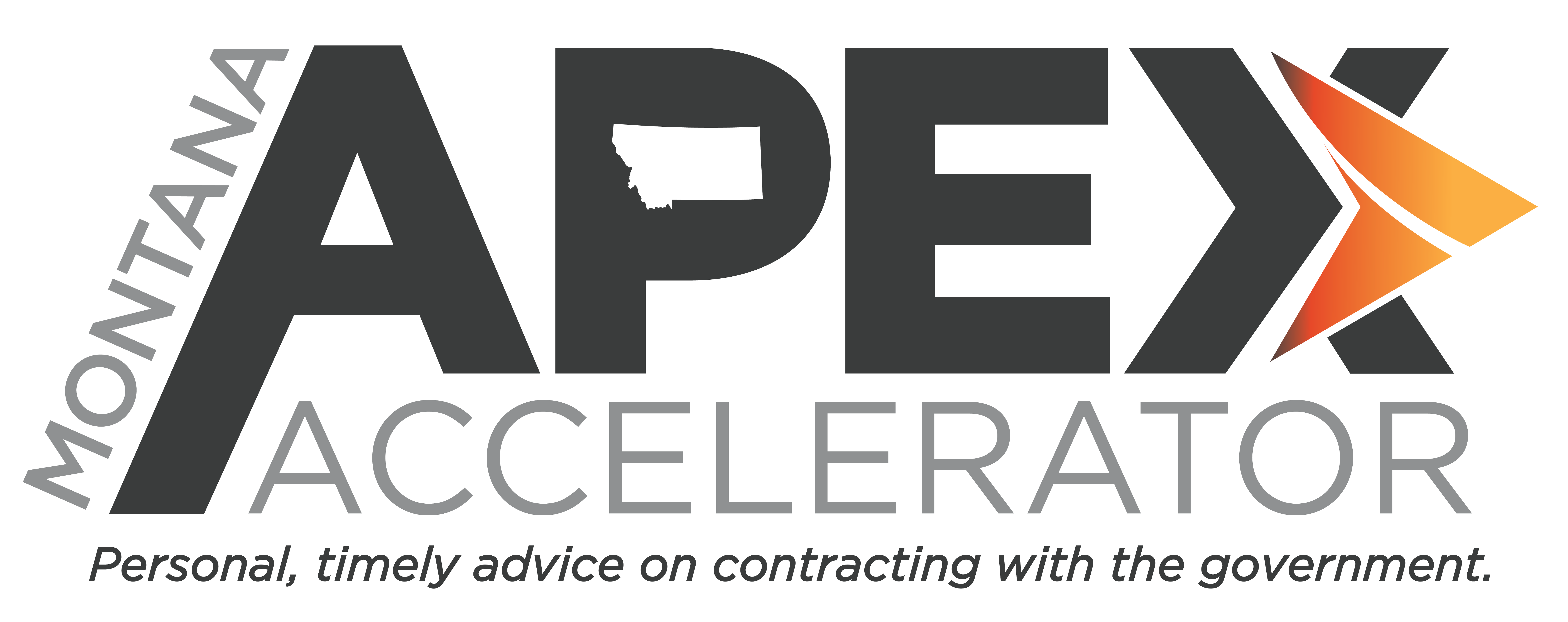
There are many contract types and many paths to being a successful vendor. Today we will discuss the top contract types. Contract types are prescribed by Federal Acquisition Regulation or FAR Part 16, aptly titled Contract Types.
The selection of a contract type requires negotiation and the exercise of good judgment. A contracting officer generally considers serval factors, including:
- Contract’s expected length
- Price competition
- Contract’s technical complexity
- Urgency of the need
- Dollar value of the contract Contract’s performance risks
- Market conditions
- Contractor’s motivation to perform the contract
The federal government uses two basic types of contracts: fixed-price and cost-reimbursement contracts. The primary differences between these two contract types is the amount of responsibility placed on the contractor and amount of profit incentive offered to the contractor for achieving or exceeding goals.
With fixed-price contracts, the contractor assumes the risk of contract performance (or cost risk) and its performance determines its profit. With cost-reimbursement contracts, the government assumes the risk of contract performance, and it reimburses the contractor for the expenses incurred during the contract’s performance. The solicitation document always indicates the type of contract.
Firm-Fixed Price (FFP)
The government agrees to pay a specific amount when a contractor’s performance had been completed and accepted. The contract price does not change, regardless of the contractor’s actual cost experience. The contractor accepts full cost responsibility when agreeing to this type of contract. These types of contracts are typically used for purchasing commercial items and standard services.
Cost Reimbursement Contracts
Although Cost Reimbursement Contracts may have added negations or planning, they can be advantageous for the vendor as they allow for actual reimbursement of costs when the requirement is not sufficiently defined.
FAR 16.301 explains that cost-reimbursement types of contracts provide for payment of allowable incurred costs, to the extent prescribed in the contract. These contracts establish an estimate of total cost for the purpose of obligating funds and establishing a ceiling that the contractor may not exceed (except at its own risk) without the approval of the contracting officer. Contracting officers are to use cost reimbursement contracts only when:
- Circumstances do not allow the agency to define the requirements sufficiently to use a fixed-price contract ; or
- Uncertainties involved in the contract performance do not permit costs to be estimated with sufficient accuracy.
With cost reimbursement contracts, the government reimburses the contractor for the reasonable, allocable, and allowable costs it incurs under the terms and conditions of the contract. The government essentially carries all the risk with a cost-reimbursement contract. This type of contract is an option when the scope and cost of a project cannot be accurately estimated. It may be used to procure certain service-type or maintenance jobs or contracts that are goal-directed, such as a research and development projects.
Cost reimbursement contracts are only used when the contactor’s accounting system is adequate for determining costs applicable to the contract. If choosing this contract type the contracting officer is required to document the rationale, and obtain sign off in a formal acquisition plan. Appropriate costs include:
- Direct Costs
- Indirect Costs
- Overhead Expenses
- General and Administrative Expenses
The total cost of a cost-reimbursement contract is the sum of the direct and indirect costs allocable to the contract. In ascertaining what constitutes a cost, the contractor may use any generally acceptable method of determining or estimating costs that is equitable and consistently applied. In addition, the costs must be reasonable, allocable and allowable.
The government will pay allowable costs that are allocable to the contract. These costs must conform to the standards defined in FAR, Part 31. Some costs are not allowable. Examples include public relations, advertising, bad debt, donations and entertainment.
In cost reimbursement contracts, it is important for the contractor to have the capacity and accounting system to effectively determine rates, estimate costs and provide adequate reporting.
Next time we will discuss IDIQ, indefinite delivery, indefinite quantity contracts. Until then, keep learning!
